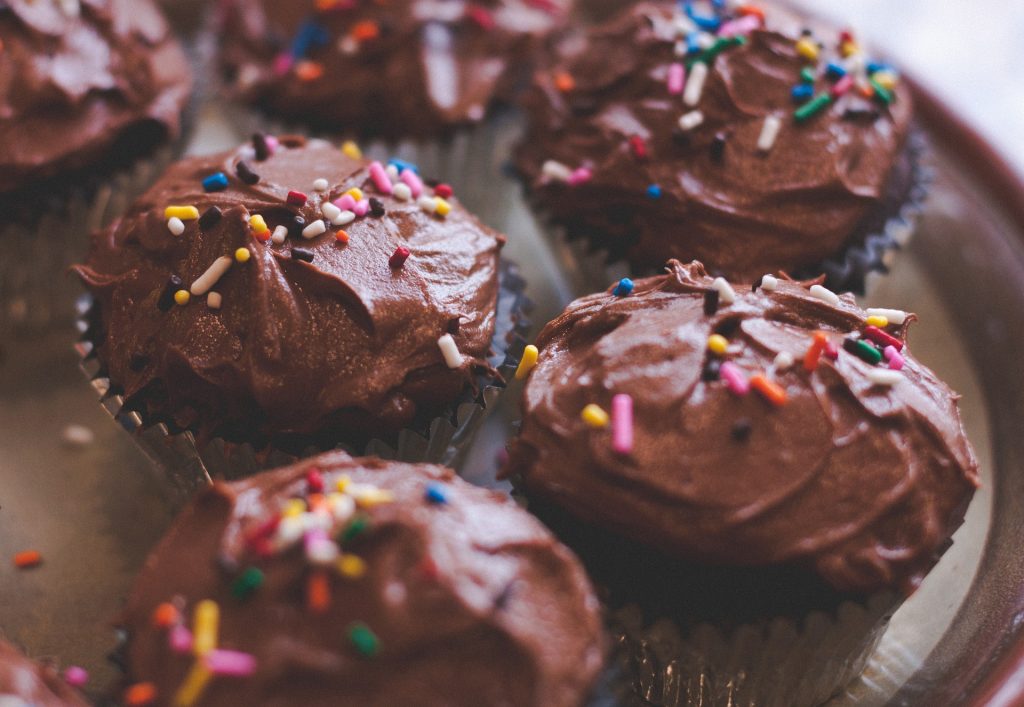Artificial, low-calorie sweeteners are alternatives to sugar. Low-calorie sweeteners contain almost no calories or carbohydrates. They typically do not raise blood glucose or insulin levels. People with diabetes can choose foods and beverages with low-calorie sweeteners as part of a balanced diet.

If you decide to use sugar substitutes when baking or cooking, there are a few important things to know:
- Baked products may be lighter in color because real sugar has a caramelizing/browning effect that artificial sweeteners do not.
- Volume may be lower in cakes, muffins, and quick breads because artificial sweeteners do not have the same bulking properties as sugar.
- Texture may be altered in some baked products.
- Taste may be slightly altered, especially if you are sensitive to the sweetener’s aftertaste.
- Cooking time of your baked goods may be slightly different when using artificial sweeteners.
- Sugar naturally holds in moisture, so baked products with the sugar removed will not stay fresh as long.
Most companies sell their sweeteners in individual packets and also in bulk quantities for baking purposes. Read the package carefully for specific instructions on the best way to substitute the artificial sweetener for sugar in your recipes. Each company’s website can also be a helpful resource for baking tips.
Some brands offer pre-made blends of sugar and artificial sweeteners that are meant to be used in baking. These blends have less calories and carbohydrates than sugar alone.
However, remember that baking blends still have a significant amount of calories and carbohydrates and therefore need to be considered when meal planning.
Did You Know?
Sugar alcohols are found in fruits and vegetables as well as in packaged foods. Despite their name, they are not alcoholic! They are commonly used as a sugar alternative in processed foods due to their lower number of calories. Be cautious when eating foods prepared with them as some people complain of unpleasant digestive system side effects.

